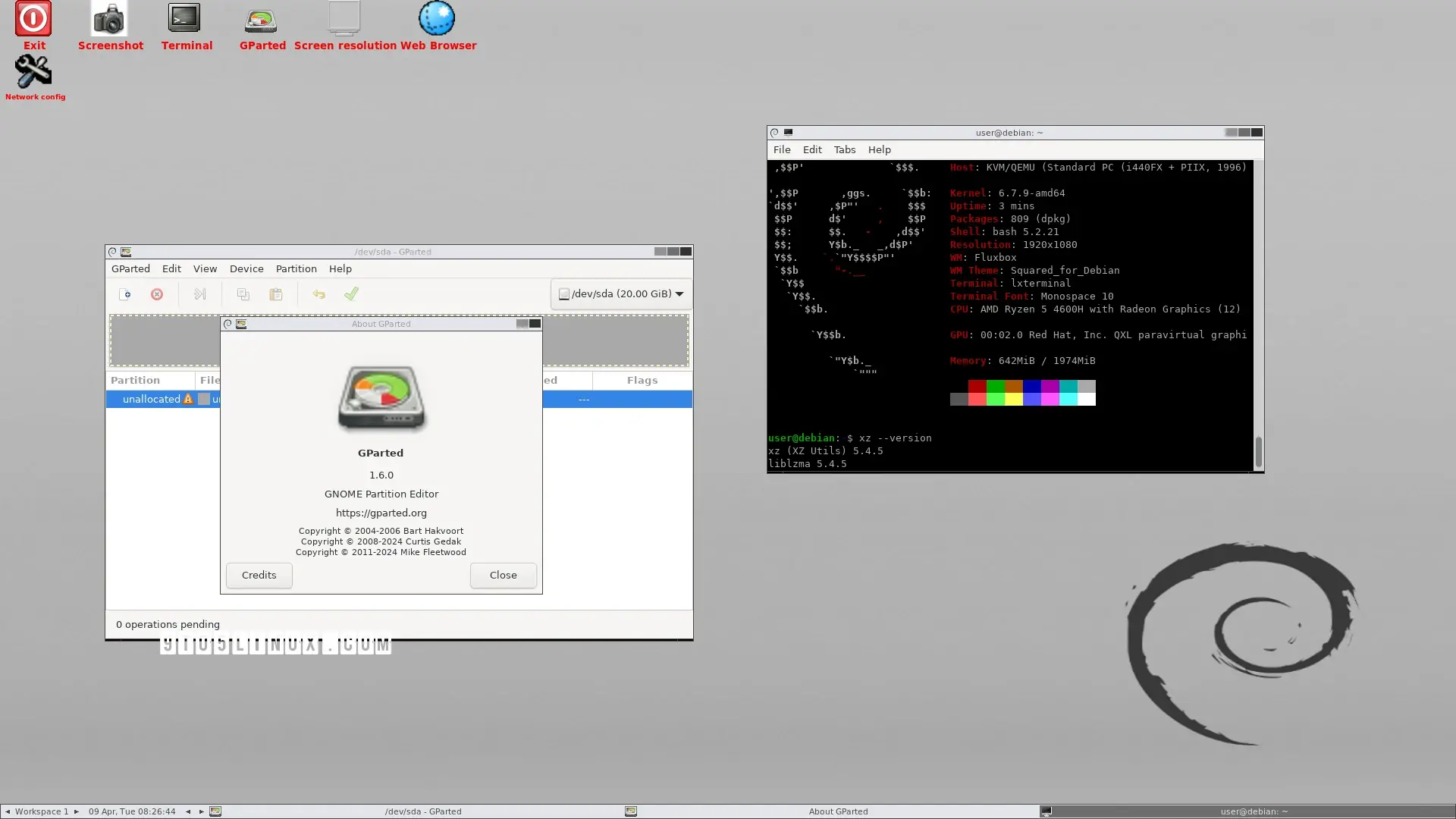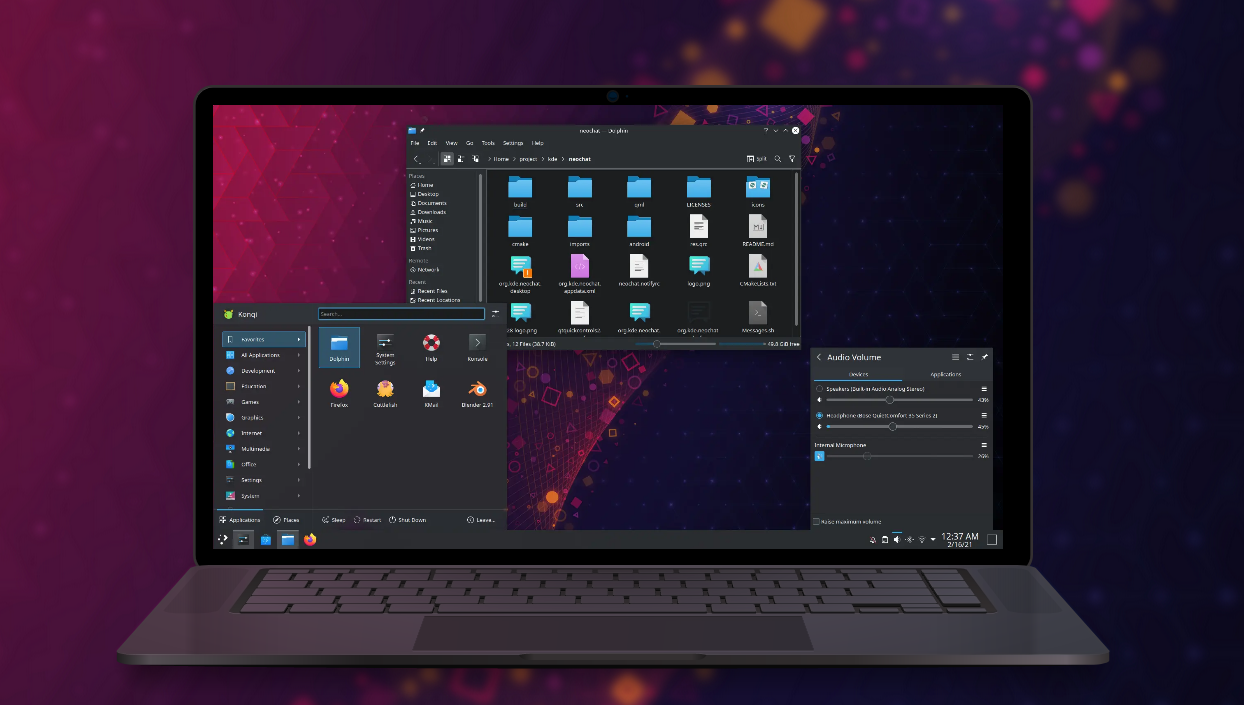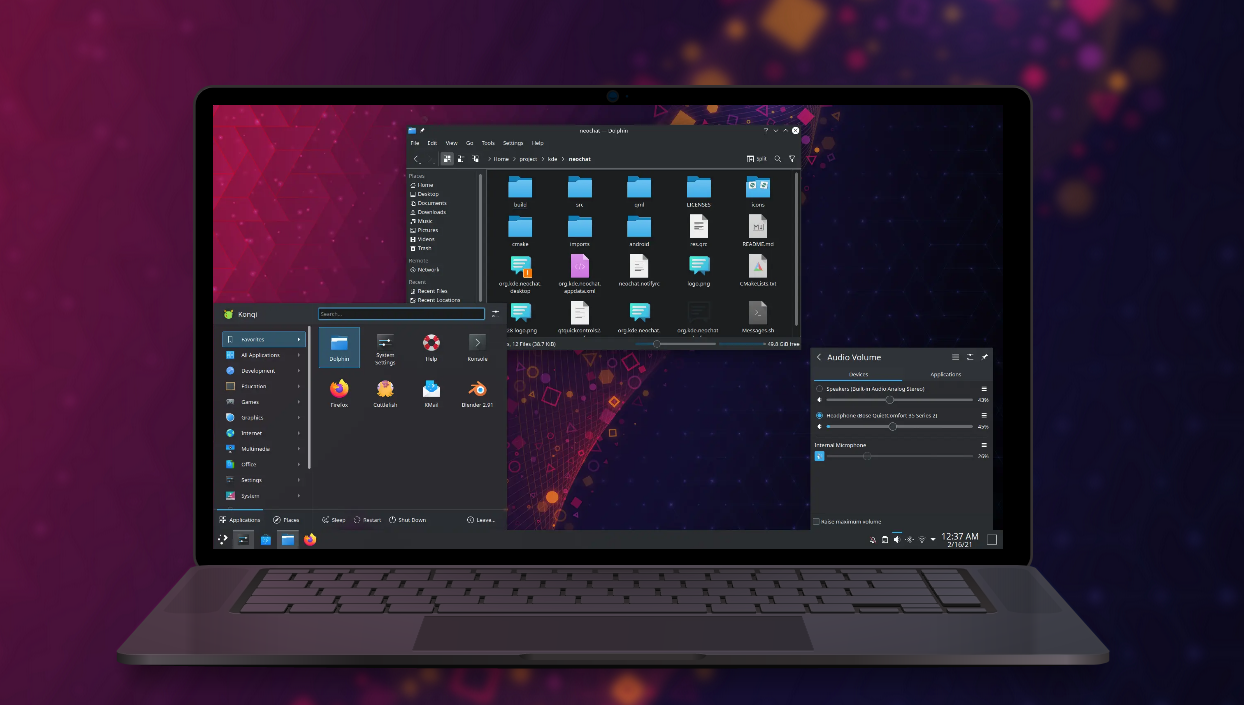Can’t connect to the internet, so we at Microsoft can’t farm any of your data; Maliciously Bad.
1. Monopolistic business practices to crush competition (Netscape, Java, web browsers, etc.).
- Microsoft was found guilty of maintaining an illegal monopoly and engaging in anti-competitive tactics against competitors like Netscape Navigator and Java in the 1990s antitrust case.
2. Illegal bundling of Internet Explorer with Windows to eliminate browser rivals.
- The U.S. government accused Microsoft of illegally bundling Internet Explorer with Windows to crush competition from other web browsers. Microsoft was found guilty of this tying arrangement.
3. Keeping useful Windows APIs secret from third-party developers to disadvantage competitors.
- Microsoft allegedly kept useful Windows APIs secret from third-party developers to give an advantage to their own applications, though this was not a central part of the antitrust case.
4. Embracing proprietary software and vendor lock-in tactics to prevent users from switching.
- Microsoft has been criticized for embracing proprietary software and vendor lock-in tactics that make it difficult for users to switch to alternatives, such as their failed attempts to establish OOXML as an open standard for Office documents.
5. “Embrace, Extend, Extinguish” strategy against open source software.
- Microsoft has been accused of using the “Embrace, Extend, Extinguish” strategy against open source software to undermine adoption of open standards. This is also shown in the leaked Halloween documents.
6. Privacy violations through excessive data collection, user tracking, and sharing data with third parties.
- Microsoft has faced scrutiny over privacy issues, such as the NSA surveillance scandal and their handling of user data with Windows 10.
7. Complicity in enabling government surveillance and spying on user data (PRISM scandal).
- The PRISM surveillance scandal revealed Microsoft’s complicity in enabling government spying on user data.
8. Deliberately making hardware/software incompatible with open source alternatives.
- Microsoft has been accused of deliberately making hardware and software incompatible with open source alternatives through restrictive licensing requirements.
9. Anti-competitive acquisitions to eliminate rivals or control key technologies (GitHub, LinkedIn, etc.).
- Microsoft has acquired many companies over the years, sometimes in an effort to eliminate competition or gain control over key technologies and platforms.
10. Unethical contracts providing military technology like HoloLens for warfare applications.
- Microsoft’s $480 million contract to provide HoloLens augmented reality tech for the military drew protests from employees and criticism over aiding warfare.
11. Failing to address workplace issues like sexual harassment at acquired companies.
- Microsoft’s failed acquisition of gaming company Activision Blizzard raised concerns about ignoring workplace issues like sexual harassment at the acquired company.
12. Forced automatic Windows updates that override user control and cause system issues.
- Microsoft has faced backlash for forcing automatic updates on Windows users, including major updates that have caused issues like deleted files and crashed systems. Users have little control over when updates install.
13. Maintaining monopolistic dominance in productivity software and operating systems.
- Microsoft has maintained its dominance in areas like productivity software (Office) and operating systems (Windows), making it difficult for competitors to gain market share. This monopolistic position allows them to exert control over the industry.
14. Vague and toothless AI ethics principles while pursuing lucrative military AI contracts.
- Microsoft’s AI ethics principles have been criticized as vague and toothless in light of their pursuit of lucrative military AI contracts.
15. Continued excessive privacy violations and treating users as products with Windows.
- Windows 10 has been criticized for excessive data collection and lack of user privacy controls, essentially treating users as products to be monetized.
16. Restrictive proprietary licensing that stifles open source adoption.
- Microsoft’s proprietary software licensing makes it difficult for open source alternatives to be adopted widely, as they have a history of undermining open source software and interoperability with Windows.
This isn’t even anywhere near everything.

 01·3 months ago
01·3 months agoNow all your* art belongs* to them.
Needs larger hips because bloated.

 4·5 months ago
4·5 months agoDoes Linux Mint count as an “Ubuntu variant”?

 3·5 months ago
3·5 months agoFedora Silverblue is in an entirely different ball game. You can’t use dnf because it’s an immutable image based system where you can’t make direct changes to the Root system without making use of the rpm-ostree & VCS mechanisms. You’re making a conscious choice by using Fedora Silverblue, and the pros out way the cons for most people making that choice.
In contrast Fedora Workstation allows you to use dnf just as normal because it’s not an immutable image based system.
Ubuntu doesn’t make use of any such system so their reliance on containerized user-space apps isn’t a technical one.
Have you tried notepadqq?
That space pinball game thing? It’s available on Linux, I saw it in the AUR a few months ago.
Do the word “dumpster”
Like what? Aside from drive letters (which are being slowly sunset in favor of mounting to directories like *nix) I don’t see a lot of legacy stuff from the 8 bit era.
Inability to create files or directories with certain reserved names like “CON”, “PRN”, “AUX”, “NUL”, “COM1-9”, and “LPT1-9”.
Lack of support for modern features like long file paths beyond the 260 character limit in some legacy applications and system components.
Continued inclusion of outdated & unused system components and commands from MS-DOS.
The stupid real-mode architecture of early Windows versions (1.0 & 2.0) still being a thing because “backwards compatibility”.
Windows ≤10’s reliance on legacy BIOS interaction; a remnant of the MS-DOS era; even when Windows 10 is booted in UEFI mode, which is now finally delt with in Windows 11.
The biggest limitation : The Technical debt that effects development in many adverse ways.
There’s a ton more than I listed here. The thing about these old MS-DOS remnants is that they’re not readily noticeable unless you start to really dig into things. A typical surface level joe bob user would never notice them.
Via dosbox, which is also available for windows. I wouldn’t call “exactly the same, using the same exact emulator” better.
DOSBox tends to be faster on Linux compared to Windows. DOSBox configuration, customization and integration with the system is way more flexibility on Linux. DOSBox has compatibility with Linux-specific tooling & utilities. Etc.
Compatibility wise, they’re more or less the same, but support wise, Linux has clear advantages.
I guess the correct phrasing is “was”, however I still consider it to be a hybrid as it still makes use of absolutely braindead DOS design/features/limitations because of “backwards compatibility”. Which is ironic, because Linux has better backwards support for DOS & old Windows applications without that legacy crap being apart of the system itself.
I can confirm, I get the same behavior.
It still gets referred to as “PC” often enough to be noticable.
Windows is a (MS)DOS hybrid system, that’s one of the reasons why it’s a fuckin mess. Probably why they were able to steal the “PC” moniker so easily. That and Apple marketing themselves as separate from “PC”.

 4·5 months ago
4·5 months agoeBPF is looking great.
Here’s Some Alternatives to SimpMusic :
InnerTune (A Material 3 YouTube Music client for Android)
SpMp (A YouTube Music client with a focus on language and metadata customisation)
ViMusic (Seamlessly stream music from YouTube Music)
RiMusic (A multilingual Android application for streaming music from YouTube Music.) {ViMusic Fork}

 10·5 months ago
10·5 months agoSteamOS doesn’t run inside a container, it’s just an immutable image based system.

 55·5 months ago
55·5 months agoOld News
You have to switch the ROM completely for that, this seems to be a stock pixel thing.




















You fap to YouTube?